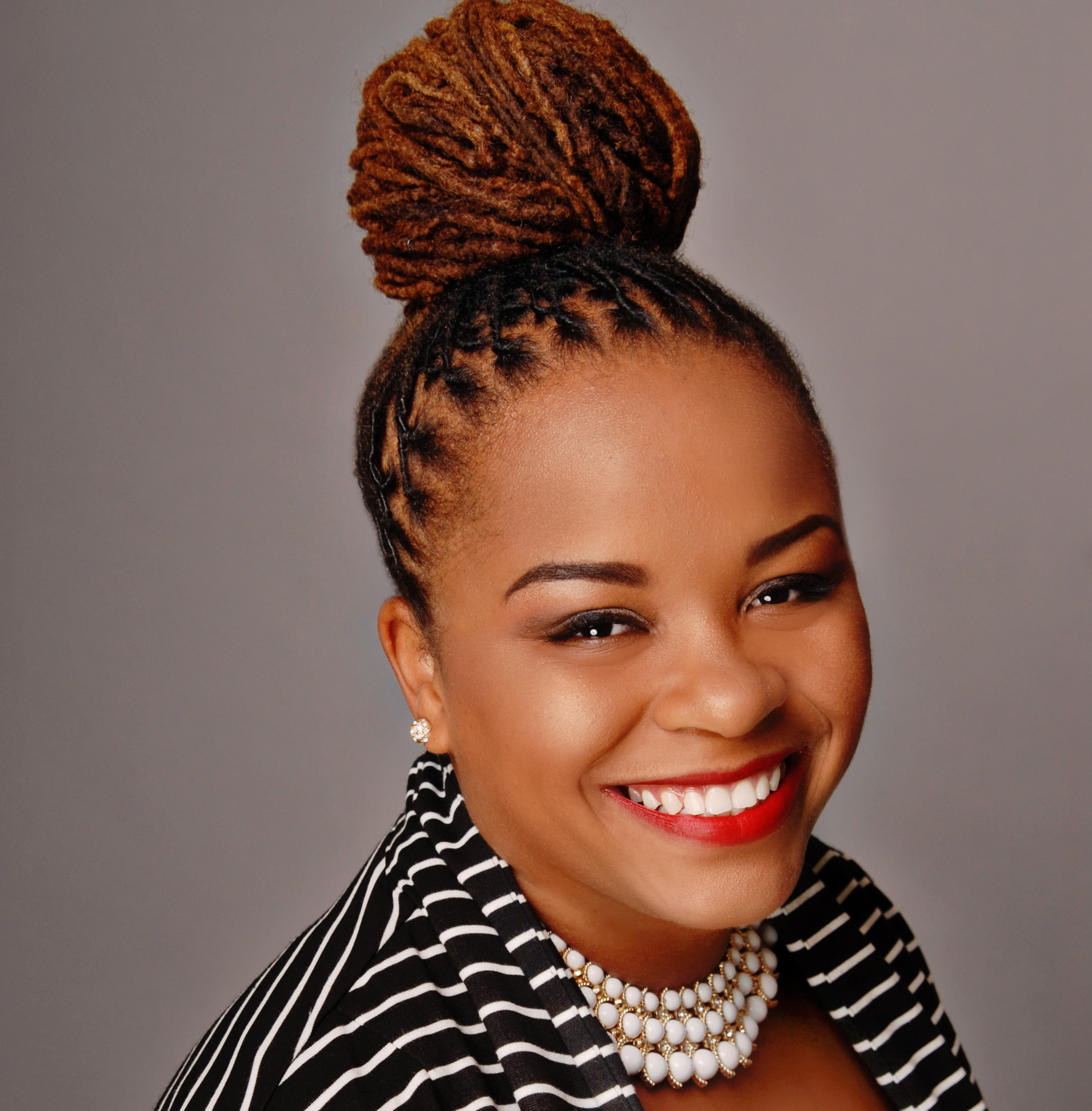E. Clare Stewart is graduate of Fisk University and Meharry Medical College, School of Graduate Studies and Research. She currently serves as the Community Coordinator for the HBCU Wellness Project at Fisk University. Follow her on twitter at @EClareStewart.
Problems of racial segregation, poverty and inadequate access to quality health care are apparent today.
In 2010, the Annals of Internal Medicine, conducted a study assessing the social mission of the nation’s medical schools. Morehouse School of Medicine ranked first in the nation. Affirming what many have known all along, historically black institutions produce more health professionals who provide primary care and serve in underserved communities.
 The Morehouse School of Medicine was an idea of a group of Atlanta physicians, led by Louis C. Brown, M.D., to address poor health outcomes for blacks in Georgia. These physicians approached Hugh Gloster, PhD (Morehouse College ’31), then president, to bring their idea to life. Dr. Brown believed the Atlanta Unversity Center Complex (Clark University, Atlanta University, Morris Brown College, Morehouse College, Spelman College and Interdenominational Theological Center) was the proper resource to address Georgia’s health disparities.
The Morehouse School of Medicine was an idea of a group of Atlanta physicians, led by Louis C. Brown, M.D., to address poor health outcomes for blacks in Georgia. These physicians approached Hugh Gloster, PhD (Morehouse College ’31), then president, to bring their idea to life. Dr. Brown believed the Atlanta Unversity Center Complex (Clark University, Atlanta University, Morris Brown College, Morehouse College, Spelman College and Interdenominational Theological Center) was the proper resource to address Georgia’s health disparities.

President Gloster appointed a committee to evaluate the feasibility of the project in 1970. After two years of research, their initial findings led to a federally funded feasibility study in 1973. In 1975, the School of Medicine at Morehouse College was established as a two-year Medical Education program. Students completed two years at the School of Medicine and completed their clinical training with one of many affiliated institutions, including Meharry Medical College and Howard University School of Medicine offering a medical degree. In 1981, the Morehouse School of Medicine (MSM), was chartered; Louis W. Sullivan, M.D., (Morehouse College ’54), its founding dean was named its first president. MSM was the first medical school chartered at a historically black institution in the 20th century. In 1985, the school awarded its first medical degrees as a fully accredited institution.
Understanding the need to produce health professionals in all areas, in 1991, graduate education in biomedical sciences was initiated, and in 1995, the master in public health program. The first degrees were awarded in 1998 and 1997, respectively. In 1998, the MPH program received CEPH (Council on Education for Public Health) accreditation, making it the first accredited public health program at an HBCU.
In 2008, MSM ranked number three among the nation’s community-based medical schools to receive research funding from the National Institutes of Health (NIH).

In July 2011, the school announced a $165 million investment in campus expansion designed to boost the number of physicians and the schools research reputation. This expansion includes the construction of two multi-story 100,000 ft2 academic centers and renovation of existing buildings. A 7-acre outpatient medical campus will host a neuro-regenative research facility and rehabilitation hospital to strengthen stroke and neuroscience research.
Knowledge. Wisdom. Excellence. Service.















Much respect to you for shedding light on this! Our people have done great things and have made so many significant strides in the medical realm!
HBCUs lead the way for the first generation of black healthcare professionals. We must remember and build on this rich and proud legacy. Meharry and Morehouse Medical will be supplemented with Howard Medical next week. Thanks so much for your support. We’ve got to tell the HBCUstory! – cad